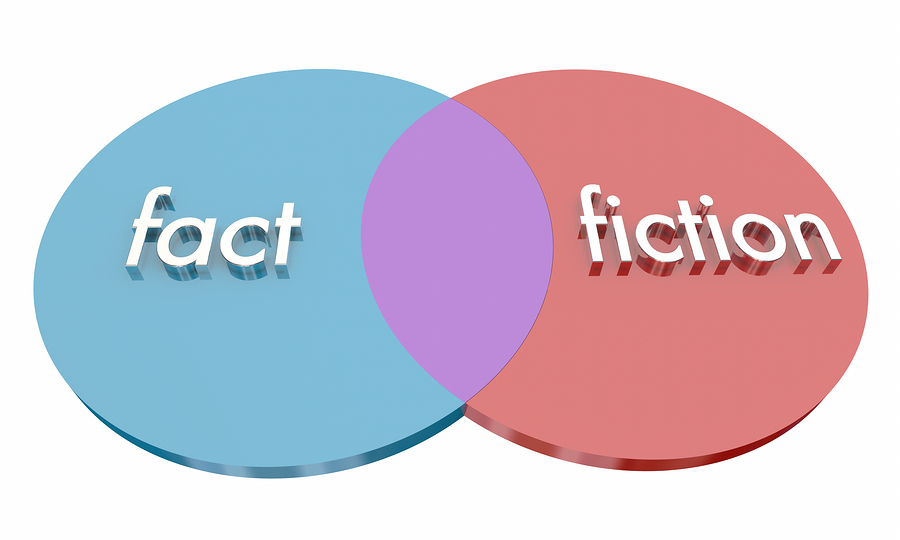2019 Trends in Christian Publishing With Michial Miller of the NPD BookScan
You can listen to this episode 028 2019 Trends in Christian Publishing With Michial Miller of the NPD BookScan on Christian Publishing Show.
2019 Trends in Christian Publishing With Michial Miller of the NPD BookScan
You can listen to this episode 028 2019 Trends in Christian Publishing With Michial Miller of the NPD BookScan on Christian Publishing Show.

Chris Fox has published over 20 novels, and has a series of non-fiction books that teach writers how to duplicate his success. What is advertising? How is it different from marketing? What are the biggest mistakes authors make when buying ads? Why is advertising so effective? Let’s talk about Facebook ads. How can traditionally-published authors use Facebook ads to grow their lists? What does it …
Advertising for Authors Who Don’t Like Math with Chris Fox
You can listen to this episode 027 Advertising for Authors Who Don’t Like Math– with Chris Fox on Christian Publishing Show.

How long does it take to get published? I came to the publishing business from the retail bookstore side of the equation. In the beginning, the biggest adjustment was understanding how long the process for traditional publishing takes. In retail there is instantaneous gratification (customer walks in, buys something, and walks out). With indie publishing there can be nearly instantaneous …

Questions: If a book is written by a Christian, does that make it Christian? If a book is published by a Christian Publisher, does that make it Christian? If a book is sold in a Christian Bookstore, does that make it Christian? What makes a story a Christian story? What makes a nonfiction book, a Christian book? Links: James Rubart’s Website The Pages of Her Life (Affiliate Link) Sponsor: …
What Makes a Book a Christian Book?
You can listen to this episode 026 What Makes a Book a Christian Book on Christian Publishing Show.

Today’s guest post is from our client Mindy Obenhaus. She is a three-time Carol Award nominee who writes contemporary romance. Mindy is passionate about touching readers with biblical truths in an entertaining, and sometimes adventurous, manner. When she’s not writing, she enjoys cooking and spending time with her grandchildren at her Texas ranch. Learn more at www.MindyObenhaus.com. …

I love hooks. As a writer, I work hard on my hooks. As a magazine editor, the hook was often the best way for a writer to make a good first impression on me. And, as an agent, the hook is the first and one of the most important criteria I use in evaluating a book pitch, proposal, or manuscript. “Hook” is a fairly flexible term in writing and publishing. It can mean: The overall unique appeal of an …

In episode 023, we talked about how every book should be an audiobook, but then left you hanging as to how. In this episode, we talk with Tom Parks who has narrated, directed, and produced over 400 audiobooks by authors like Rick Warren and Daniele Steele. Questions: Walk us through the day in the life of an audiobook narrator? What kind of books do you most enjoy narrating? What kind of book …
How to Write & Narrate Better Audiobooks with Tom Parks
You can listen to this episode 025 How to Write & Narrate Better Audiobooks with Tom Parks on Christian Publishing Show.

